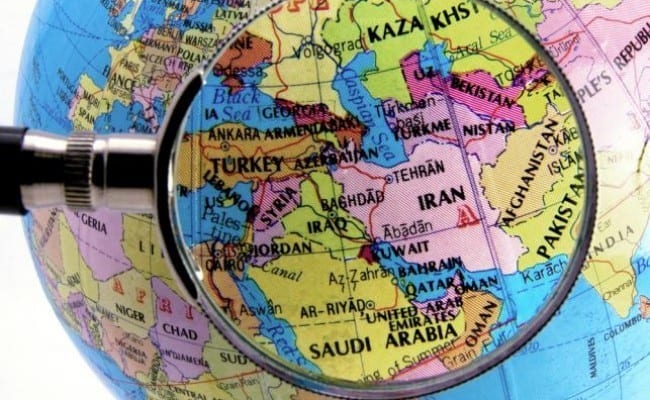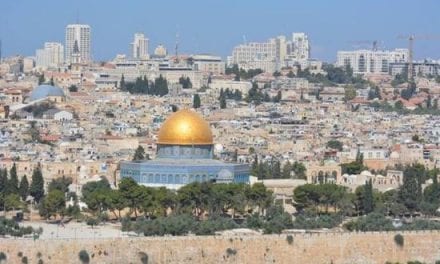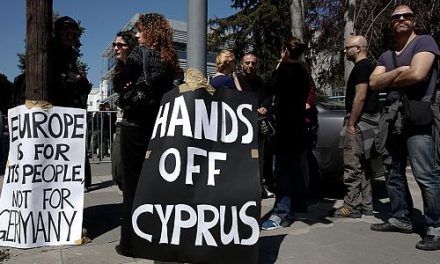Editorial, Miami Herald
President Donald Trump clearly has no patience for measured speech and statesmanlike niceties in international affairs.
The same president who skillfully managed nuclear tensions with North Korea by insulting its leader as “Little Rocket Man” now brings his special diplomatic touch to the hyper sensitive Middle East.
Trump, with minimal grounding in Middle Eastern history, announced his recognition Wednesday of Jerusalem as Israel’s capital and ordered the U.S. Embassy to be moved from Tel Aviv to the disputed holy city.
With this bold move, the United States will be the only nation with an embassy in Jerusalem among the 86 that recognize Israel.
The actual move will take years to complete.
Predictable expressions of international outrage preceded the announcement.
Palestinians say Trump has crossed a red line. Turkey threatened to sever relations with Israel. Jordan, Egypt, Britain, France, Germany and the Vatican expressed grave concerns.
Even Secretary of State Rex Tillerson has distanced himself from Trump’s decision.
But Trump’s mind, heavily influenced by his Jewish and Christian evangelical campaign backers, was made up.
As with all things Middle East, immediate repercussions and unforeseen future consequences will certainly follow.
That said, it is true that the Arab-Israeli peace process has been in a coma for years.
Something bold and innovative must happen to bring it back to life — but not kill the patient in the process.
Among the major issues that have kept the process comatose, the status of Jerusalem and the formal establishment of Israel’s borders are fraught with the most peril.
Both Israel and the Palestinians claim Jerusalem as their capital.
The city was divided until Israel seized Arab East Jerusalem in the 1967 Arab-Israeli war.
East Jerusalem’s subsequent annexation by Israel has prompted international condemnation.
Israel has dug in, refusing to negotiate any changes to the status quo, and the Palestinians have refused to negotiate unless the status of Jerusalem is on the table for discussion.
Trump emphasized that the United States remains committed to a two-state solution. He said the decision does nothing to change the final-status equation.
In reality, it changes everything.
Israel’s entire West Bank boundary, including Jerusalem, is affected by Trump’s move.
Palestinians have reason to question whether the United States will now scrap longstanding policy and recognize West Bank Jewish settlements as part of Israel as well.
Trump gambles that this move will kick-start the peace talks, inspiring Israel toward magnanimous concessions while warning Palestinians that their options can only dwindle further the longer they delay.
The greatest minds in Middle Eastern diplomacy have been unable to move this process forward.
Trump’s action is the longest of longshots.
It would be the ultimate irony if this U.S. president, whose approach to international diplomacy ranks as the clumsiest of any in the past century, turns out to be the one who brought peace to the Middle East.



















